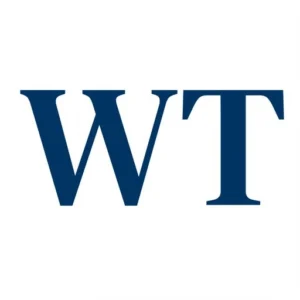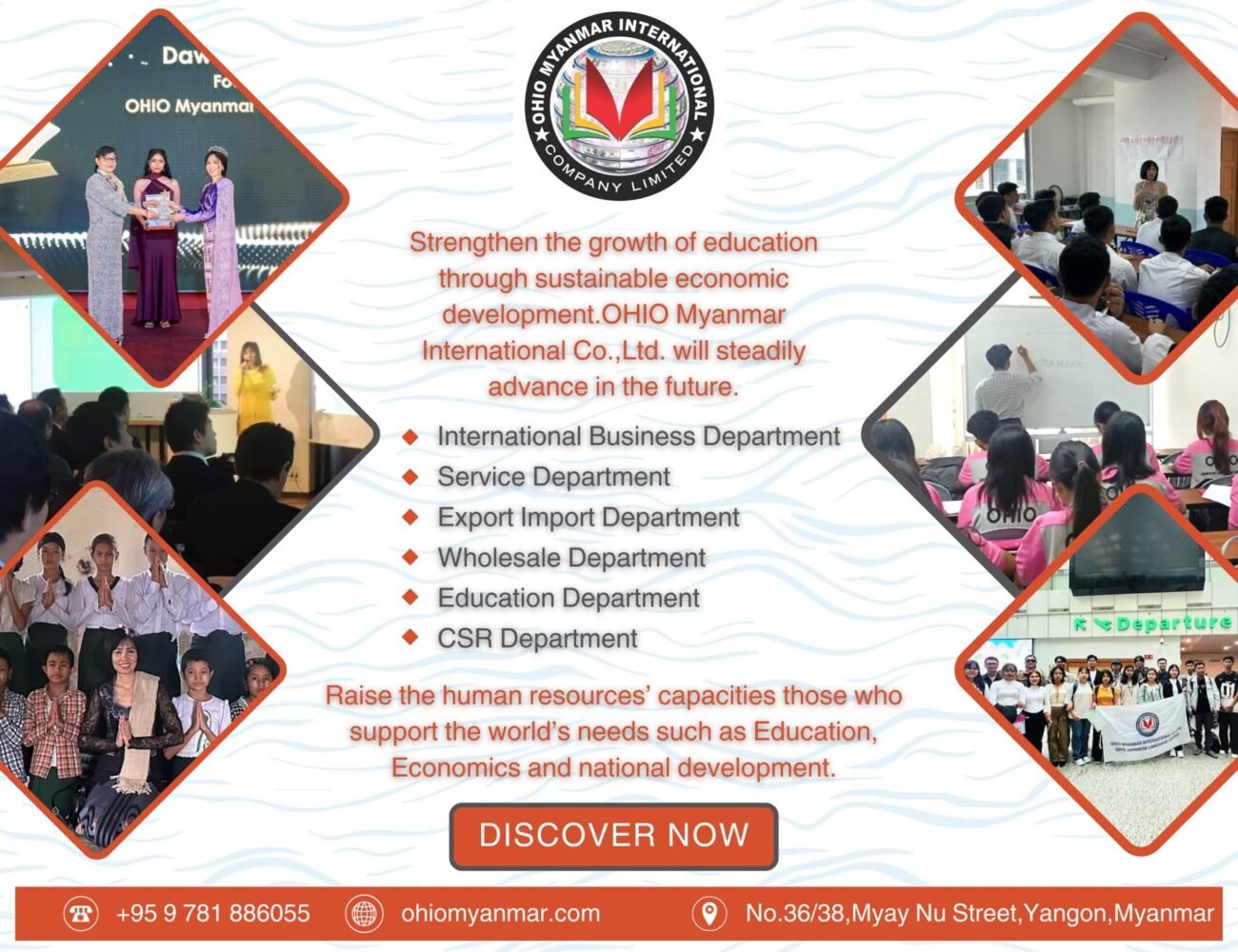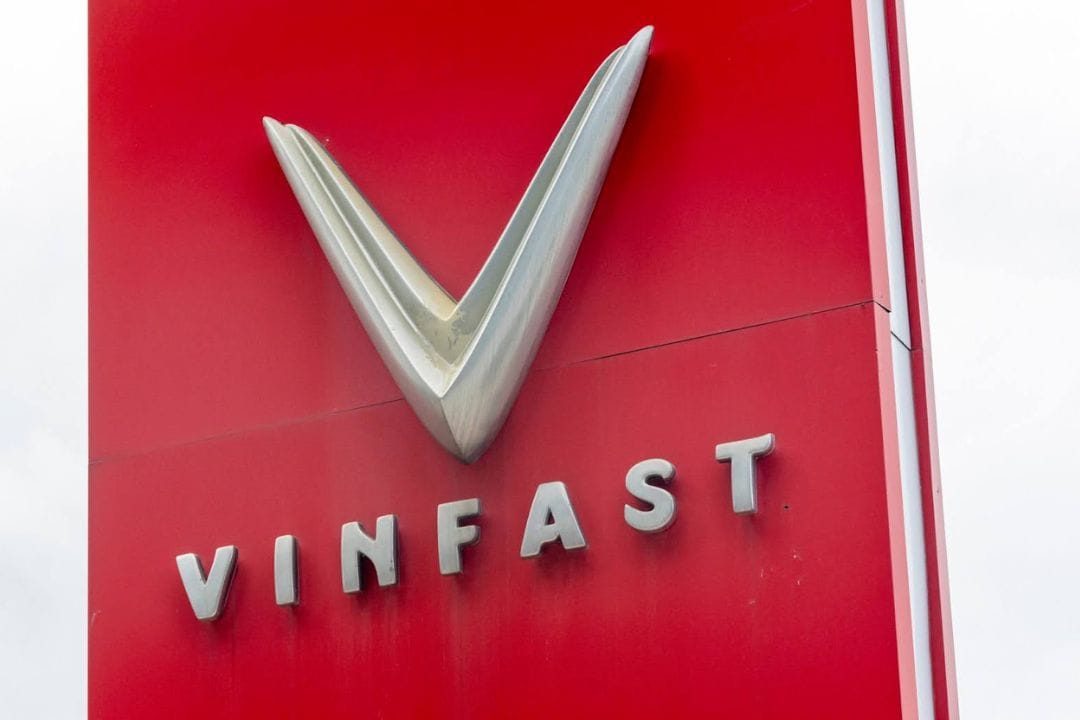
Australia is ready to launch the newest version of its “Investing in Women” program which consists of gender-equality advocates from the government, private sector, and civil society.
“Investing in Women” is a comprehensive initiative spearheaded by the Australian government across multiple countries. It aims to boost women’s economic empowerment through various strategies, including advocating for gender equality in workplaces, advocating for policy reforms that enhance women’s economic participation, endorsing grassroots campaigns that champion gender equality, and providing support to businesses owned or led by women. This initiative is all about the advancements of women in an economic developmental space.
“When it comes to gender equality, the Philippines has long been a leader,” Deputy Head of Mission Dr. Moya Collett of the Australian Embassy said. “But challenges remain, especially in women’s economic empowerment.”
“Ensuring women have opportunities to engage equitably in the workforce provides great economic and social dividends. According to a 2018 study by McKinsey & Company, advancing gender equality in the Philippines—across all socioeconomic groups—could see annual [gross domestic product] grow by up to 7 percent,” Dr. Collett added. “The theme of this year’s International Women’s Day is to invest in women to accelerate progress. This is the mission of Investing in Women: to support…women’s empowerment to unlock great potential for inclusive economic growth.”
On behalf of the Philippine government, Undersecretary Emmeline Aglipay-Villar of the Department of Social Welfare and Development conveyed her message of support: “Let us reaffirm our commitment to gender equality and women empowerment. We are one with other duty-bearers in working for a society where investing in women is not just a choice, but a mission. Together, let us work tirelessly to build a future where every woman has the opportunity to succeed.”
The new phase of ‘Investing in Women’ will be working with the background of the previous 7 year’s initiatives, results, partnerships, learning, and credibility. This backing will support the evidence base and drive collective action to inform policy reform that supports women’s equal economic participation, particularly related to care work.
In the Philippines and also across the world, it is always women who undertake care services for their family members as well as people who require their service. This hinders a woman’s ability to 6extend their work to any other front as they starts discovering their true calling.
Specifically, the Australian government will work with the university’s institute to embed world-class research and evidence into all initiatives. Further, Australia will work alongside Oxfam Pilipinas and Good Return to strengthen locally-driven campaigns for gender equality.















